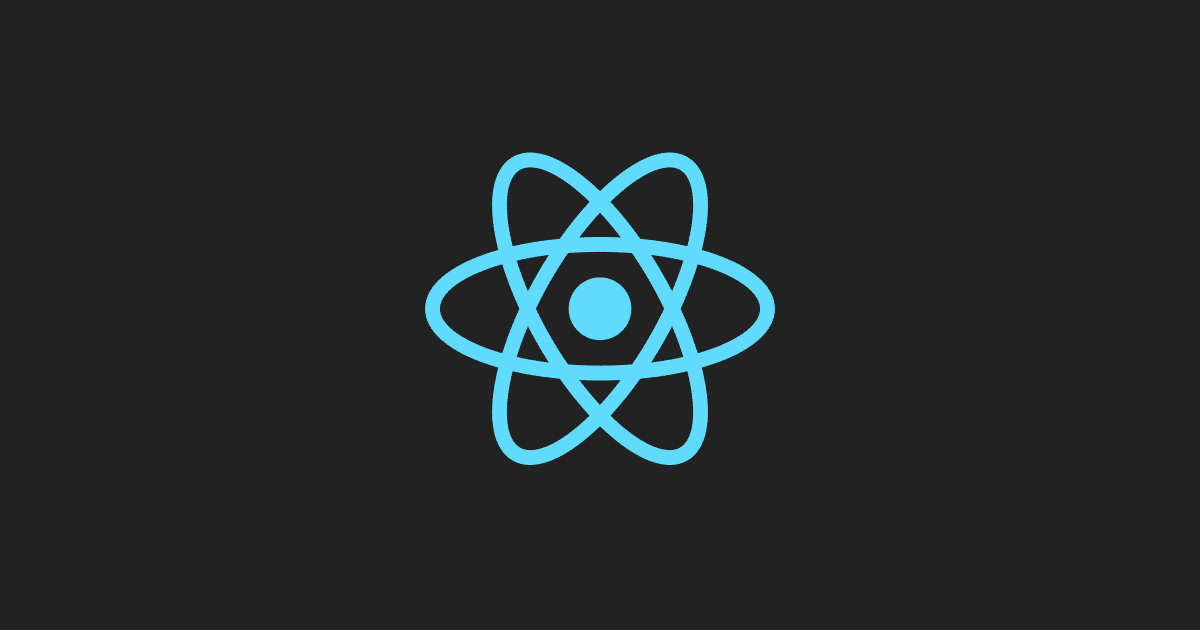The role of a DevOps Engineer requires broad skills and just like developing these skills, building a resume is a bit of a challenge. But we are here to help you with it this step-by-step guide to making the perfect resume for your next job application. Let’s get started with some tips to make a good DevOps Engineer Resume.
Tips For a Good DevOps Engineer Resume
- Look from the recruiter’s perspective and identify what they would want to see in a resume
- Present all your details in a clear and concise format so that it is easily scannable
- List all the skills essential for a DevOps Engineer
- Take up an online DevOps course with a certificate and showcase that
What do Recruiters Seek in a Resume
The overall impact of a resume is most important to recruiters and next comes the professional experience. When we talk about the impact it includes
- Format of the resume
- How well it is structured
- The ease of surfing through the resume to churn necessary details
- Skills and projects that are highlighted
The experience should be mentioned in reverse chronological order and should highlight how you have used your skills to fulfil your KRAs in your previous roles. This gives the recruiter a picture of how well you could perform at the job and what responsibilities you can take up easily.
Then come the technical skills, tools, and techniques known to you to complete your tasks as a DevOps Engineer. Along with technical skills, recruiters also seek soft skills such as leadership traits, teamwork, ethics, taking responsibility, decision-making ability and more. Do not forget to mention soft skills and explain in a line when and how you have demonstrated having those skills.
Also, recruiters look for certain keywords in a resume while scanning, especially if they have little or no idea about what a DevOps engineer does. Hence try and accommodate all right keywords in your resume to make it through the first scan.
Sample DevOps Engineer Resume
Let’s start building your resume
In this section, we will talk about how to exactly build your resume. We will see what are the various headers that should be present in the resume and what details should be accommodated under each of them. The structure of your DevOps engineer resume would look like:
- Header
- Summary/ Objective
- Experience
- Certifications
- Skills
- Achievements
Resume Headline for DevOps Engineer
The header usually contains your name, contact details, location, job title, and experience. These are the standard information that is absolutely necessary to be placed in the header, but there’s a way you can make your header unique. You can add a link to a blog, a project, or a research paper that you might have published, a portfolio, or contributions to Github, etc.
Also, the header sets the tone of the resume for a recruiter. It means that if the header is clear and concise, the recruiter will expect a similar quality and structure of the resume. On the other hand, if the header is cluttered and text-heavy, it means the rest of the resume is written in a similar style, which is a bad sign.
How to Write a DevOps Resume Summary or Objective
The summary or objective is the most important part of your resume in terms of grabbing a recruiter’s attention. If your objective or summary is on point, your resume has all the attention from the recruiter it needs to land you an interview, if not the job already!
To write an impressive summary:
- List your area of specialisation to increase the impact
- Mention the tools that you have used and the result achieved with the help of these tools
Here’s an example of a good summary for a DevOps Engineer Resume:
Spent 10 years developing the skills to increase velocity, reliability, and quality for BFSI vertical with a high focus on security. Deep experience with AWS, Docker, Kubernetes, and Openstack, helping organizations instil DevOps for the modern age.
Source: https://enhancv.com/
How to Write the DevOps Resume Experience
While listing down your experience in reverse chronological order, also explain in bullet points what did you achieve in your previous roles. You should mention
- The tools and techniques used
- Actual tasks performed
- Whom did you report to
- How many members you had in your team if you managed one
- The systems that you built
- Processes put in place
Below is an example of a good experience section for a DevOps Resume
EXPERIENCE
DevOps Manager
(Company Name)
20xx – 20xx (years active)
(Location)
- Acted as a Director of DevOps and reported to VP Architectures and managed distributed teams (1 NYC, 2 offshore in India).
- DevOps architect for Systrix Terraform pipeline (enterprise scale): Kubernetes and Jenkins.
- Redesigned and upgraded Systrix hostel spending model from $15M dollars to less than $1.3M AWS hosting model.
- Worked with a team of 5 engineers to build in house capabilities to administer and monitor full thousands of Systrix nodes.
- Deeply instilled DevOps culture across a 100+ sized engineering team and moved away from 3 months release cycle to a 1-click release.
Source: https://enhancv.com/
Skills Required to Become a DevOps Engineer
- Linux Fundamentals And Scripting Language such as Python, Ruby, Pearl etc.
- DevOps Tools And Technologies for Development, Testing, and Deployment.
- Continuous Integration And Continuous Delivery
- Infrastructure as Code (IAC) with Tools Like Puppet, Chef, Ansible, Saltstack
- DevOps Key Concepts
- Soft Skills such as the ability to listen attentively, negotiate, solve problems and build teams and more.
To conclude, let us summarise what makes a right DevOps Engineer resume:
- Place the right keywords that recruiters seek in a DevOps resume
- Build a story of what you have done mentioning your overall experience and areas of specialisation
- Describe the technical work and expertise briefly yet comprehensively
- Reflect the impact you have made in your previous stints
- Mention skills and certifications
Check out free DevOps courses today to further your learning.







